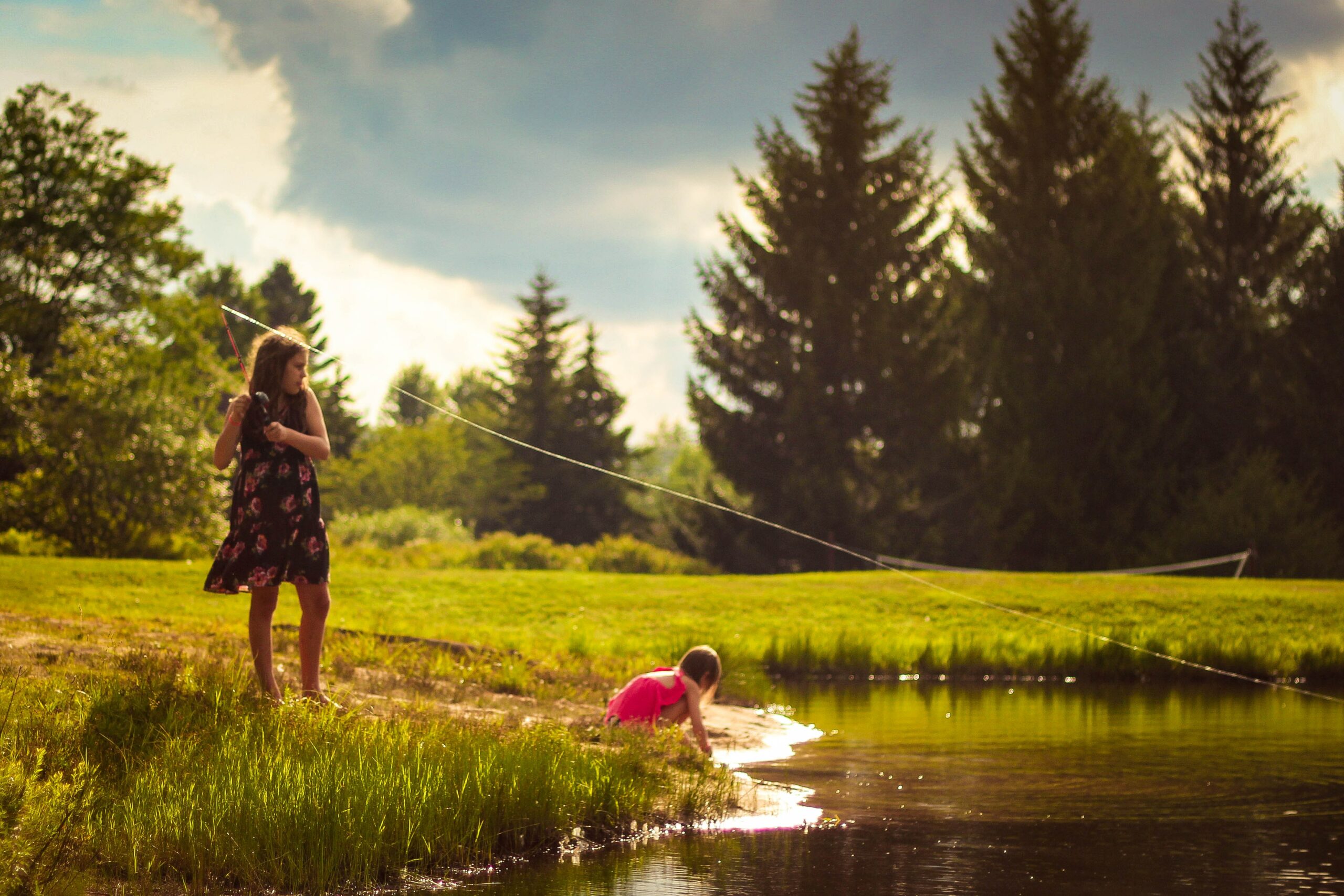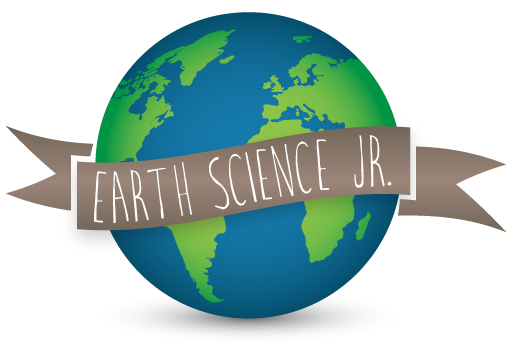
7 Fun Ways to Turn a Fishing Expedition into a Kid-approved Science Lesson

Taking your kids fishing is not only a fun way to bond, it’s also a great way to teach your kids important lessons. Fishing teaches your kids how to appreciate nature, as well as patience, conservation, biology, following directions and fine motor skills— all relevant to learning about science. Transform your next fishing trip into an exciting science lesson with these 10 tips.
The Life Cycle
Fishing teaches your kids about the life cycle, a biological process every living being goes through— even them! While every species’ life cycle is different, fishing is a good example of A life cycle is a series of stages a living thing goes through during its life. Fish begin their life cycle as an egg, then move into the larval stage when they can feed themselves. Next is the juvenile stage and after that adult. When you and your kids catch a fish, you can observe their appearance and hypothesize what stage of the cycle it is in.
Conservation and Compassion
Children are naturally curious about the world, and especially the animals that are in the realm of oceanography. Beyond just the basics of how to fish, learning to handle fish gently and return them quickly to their environment is a great lesson in conservation and compassion— the importance of living in harmony with nature and respecting the animals that live there.
Habitats and Behavior
Help your child discover one of the most abundant habitats on our planet— water. The earth is made up of five main habitats: aquatic, desert, forest, grassland, and tundra. Animals who live in different habitats also have different behaviors that they have adapted in order to live fully and thrive in their habitat. Since water is all over the world, the habitat you’ll examine is specific to the place you are fishing— saltwater, fresh water, lake, river, ice fishing, etc.
Following Steps in Order
Fishing requires that you follow certain steps in a specific order— or the only thing you’ll catch is air! This is a good lesson to help prepare your children for science experiments and observations. Walk them step by step through the basics and explain why things must go in this order. For example, you have to bait your hook before you cast your reel, or you won’t have anything to entice the fish.
Practice the Scientific Method
You can use the art and act of fishing as a way to explore the scientific method. On your way to go fishing, help your child come up with a question they want to test on the trip. If they get stuck, an easy one to start with is bait. For example, you could start with the question: do the fish prefer chicken gizzards or grubs? Come up with a hypothesis to test and how you will measure it. For example you can count how many fish you catch with certain bait. Or you could measure which type of bait gets the most bites. On the ride home you and your child can discuss the results and come to a conclusion.
The Food Chain
Fishing can be a hands-on learning opportunity about the food chain, especially if you are using live bait like worms or crickets. Even if you are using a lure, you can still explain how it’s made to look like food so the fish will try to catch it. All living things need energy from food. We get that energy from plants, animals and other food sources. Every food source is connected, hence the term food chain. For example, flies eat decaying organic matter on the surface of the water. A fish jumps up to catch it— which is why we use bait when we fish. You can then talk about animals other than humans who eat fish, like bears, birds and snakes.
Oxygen and Breathing
Humans cannot breathe underwater— at least not without the help of technology. But not fish! They can’t breathe in the air— yet both humans and fish need oxygen to live. A fishing trip is an ideal opportunity to talk about different kinds of respiratory systems. Talk about the way fish breathe versus the way humans breathe. Not only are you practicing comparing and contrasting, but you are also giving a lesson in anatomy, too. Fish use gills to filter oxygen out of the water. Humans use our lungs to bring fresh oxygen in and release carbon dioxide. Fish “exhale” carbon dioxide, too, passing it out from their gills and into the water.
Fishing with your kids will teach them patience, the art of conversation and the importance of putting down our technology and getting outside. It’s also a way to make wonderful memories with your whole family. Combine science with family fun to get a lesson on life that everyone can benefit from.
What People Are Asking About Science for Kids
What is the best biology lesson plan for high school?
There are many great ways to get your teens interested in biology. Might we suggest learning more about plants and animals? This article talks about getting your teen involved in classifying plants, observing animals, and more.
Where can I find earth and space science lesson plans for elementary school?
Online science lesson plans are not only easy to access, they can be fun for kids. Start with this article that lists some great online STE(A)M courses for kids.
Why is it important to study geology?
Geology helps us learn more about Earth—what it’s made of, its shape, and its natural hazards such as earthquakes, floods, and volcanic eruptions. You can teach your kids more about geology by completing some fun at-home geology projects together.
Which is easier: geology or astronomy?
Geology is the study of Earth, while astronomy is the study of the universe. Depending on your child’s interests, they may find one of these subjects is easier to learn than the other. If your child is interested in studying rocks or fossils, then they may find geology to be an easier field of science. If your child wants to learn more about the solar system, then astronomy would likely be an easier subject. Check out some great outdoor projects, including geology and astronomy, so that your child can get an idea of which field of science they might enjoy more.
What are some science camp activities for kids?
Science camps can cover all types of science—geology, astronomy, meteorology, oceanography, and computer science, among others. There are many science activities for kids that fall under these categories of science. For example, kids can examine different types of rocks and minerals, observe the night sky, create “weather” in a jar, build their own submarine, or learn to code their names.
Photo: Unsplash
